The FilAm community is ‘aging,’ seniors underserved: study
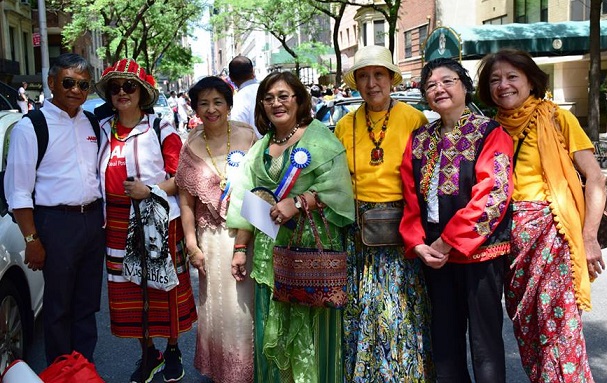
Vibrant and dynamic seniors — led by AARP spokesperson Tony Taguba, Odelia Tablit, Angelita Pena, Nelsie Parrado, Consuelo Almonte, Myrna Santos and Sheila Gillego Logrono – join 2015 Independence Day Parade. Photo: AARP AAPI Community
Remedios Roman, 75, lives in a rent-stabilized Midtown apartment close to Madison Square Garden. She’s been all alone since her husband died some 20 years ago, her adult children now with families of their own out on the West Coast
While she may be by herself, she is not entirely isolated because of a senior center close by where she can get to watch movies for free or just spend a couple of hours with other seniors opinionating on politics and the price of ice cream. That’s in the morning. The loneliness hits hardest at night. The television keeps her company until she is lulled to sleep right there on her living room couch.
Roman, a retired staff of a foreign diplomatic mission, belongs to the demographics of an “aging” Filipino American community. While half of this population lives in Queens, she has a modest, neatly kept apartment in Manhattan where she has lived for 35 years.
“The Filipino population is aging,” declared Jo-Ann Yoo, executive director of the Asian American Federation (AAF), which conducts research and public awareness of various Asian ethnic communities in New York.
“Women 65 years and older have a larger share of the population,” said Yoo speaking at the March 25 Human Services Day event hosted by the Filipino American Human Services, Inc. (FAHSI) in cooperation with the Philippine Consulate. Roman fits the profile.
Yoo said the population of Filipino seniors grew by 48 percent from 2010 to 2015, compared with the citywide rate of 13 percent. The median age has increased from 36.4 years in 2010 to 38.7 years in 2015. The median age for Asians overall was 36.1 in 2015.
Yoo noted how that there are not that many programs dedicated to FilAm seniors. “How do we serve this community?” she said.
Research by the AAF seems to mirror similar studies tracking demographic trends in FilAm communities across the country. A UCLA expert on aging has said that the number of Filipino elders continues to grow.
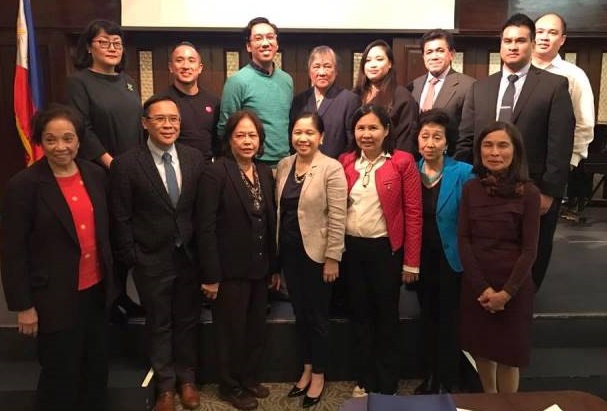
At Human Services Day forum, L-R 1st row FAHSI Board Members Aleli Alvarez, Emerson Ea, Cora Custodio, Consul General Theresa Dizon – De Vega, FAHSI Board members Jaena Valles, Dr. Jean Lobell, Board Secretary Laura Lopez; 2nd Row Panelists Jo-Ann Yoo of the Asian American Federation, Peter Gee of University Settlement, Mark Libatique of New York Immigration Coalition, Therese Rodriguez of APICHA, Marian Guerra of New American Leaders Project, FAHSI Board Member Atty. Reuben Seguritan, FAHSI Vice Chair Joseph Barretto, FAHSI Chair Zultan Bermudez. Photos: Philippine Consulate, New York
“Even as the Filipino American population and its number of elders are expected to continue to grow, aging concerns within that community remain in the background,” said UCLA’s minority research director Steven Wallace in a January 2017 New America Media report.
He noted how, “there’s (not) much attention at all being paid to Filipino elder issues” even though that ethnic group “will have a large number of elder adults.”
Yoo was one of speakers at the Human Services Day dedicated to improving the social conditions and enhancing the self-reliance of Filipinos and Filipino-Americans in New York City.
Others included Margaret Abrams, who spoke on domestic violence as the coordinator of WomenRising in Hudson County; director of counselling Emily Task of the Goddard Riverside Options Center who spoke on providing access to college education for the youth; and Fran Barrett who is the coordinator for nonprofit organizations under the Cuomo Administrator who spoke on the state government initiatives to protect immigrants.
“This is an important event,” said Consul General Tess Dizon-De Vega. “Providing accessible and timely human services to underserved sectors is one of the greatest challenges of our time.”
Through this event, she said “the word must go out to those who need these services most.”
Other speakers were Veronica Lavarro of the Asian Health Center-Holy Name Hospital, who spoke on health services; Larinda Hooks of Elmcore Youth and Adult Activities, who spoke on senior services; Therese Rodriguez of APICHA Community Health Center who spoke on programs for the LGBTQ community; Mark Libatique of the New York Immigration Coalition; Peter Gee of University Settlement who spoke on youth and early childhood; and Marian Guerra of the New American Leaders Project, who spoke on civic engagement.

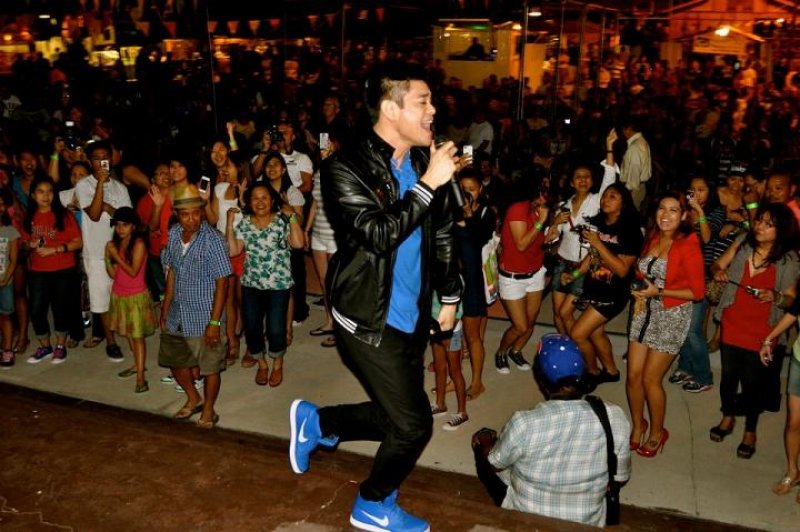
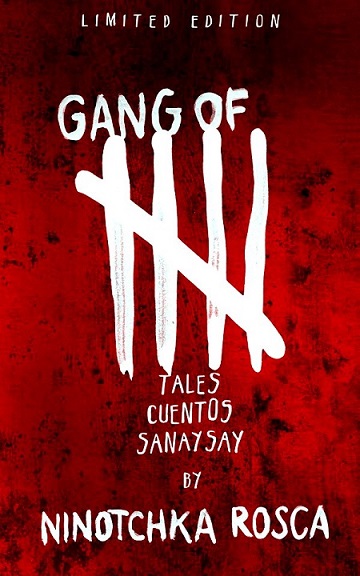
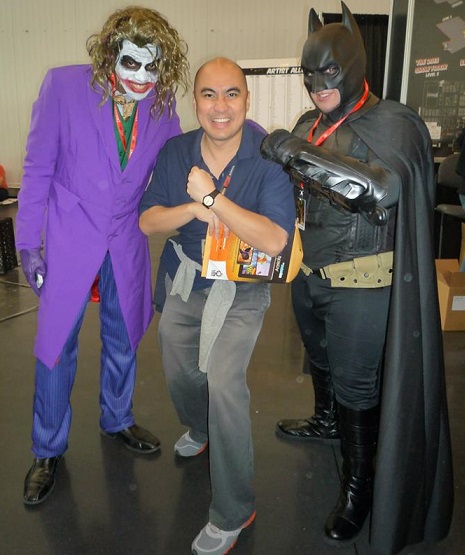



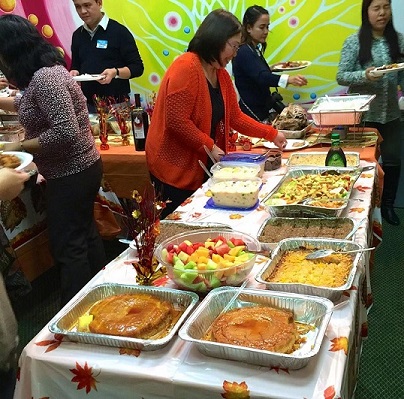
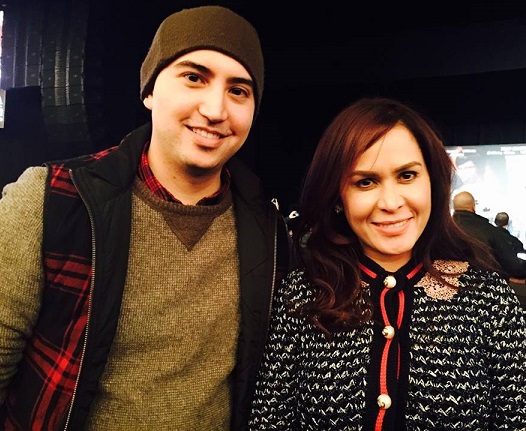
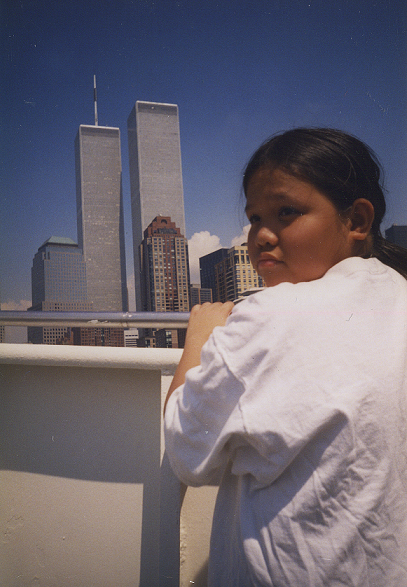



I come here at the very least thrice in one week to read the fresh stuff you have. Thank you so much for providing us with articles and blog posts that are very nice to read.